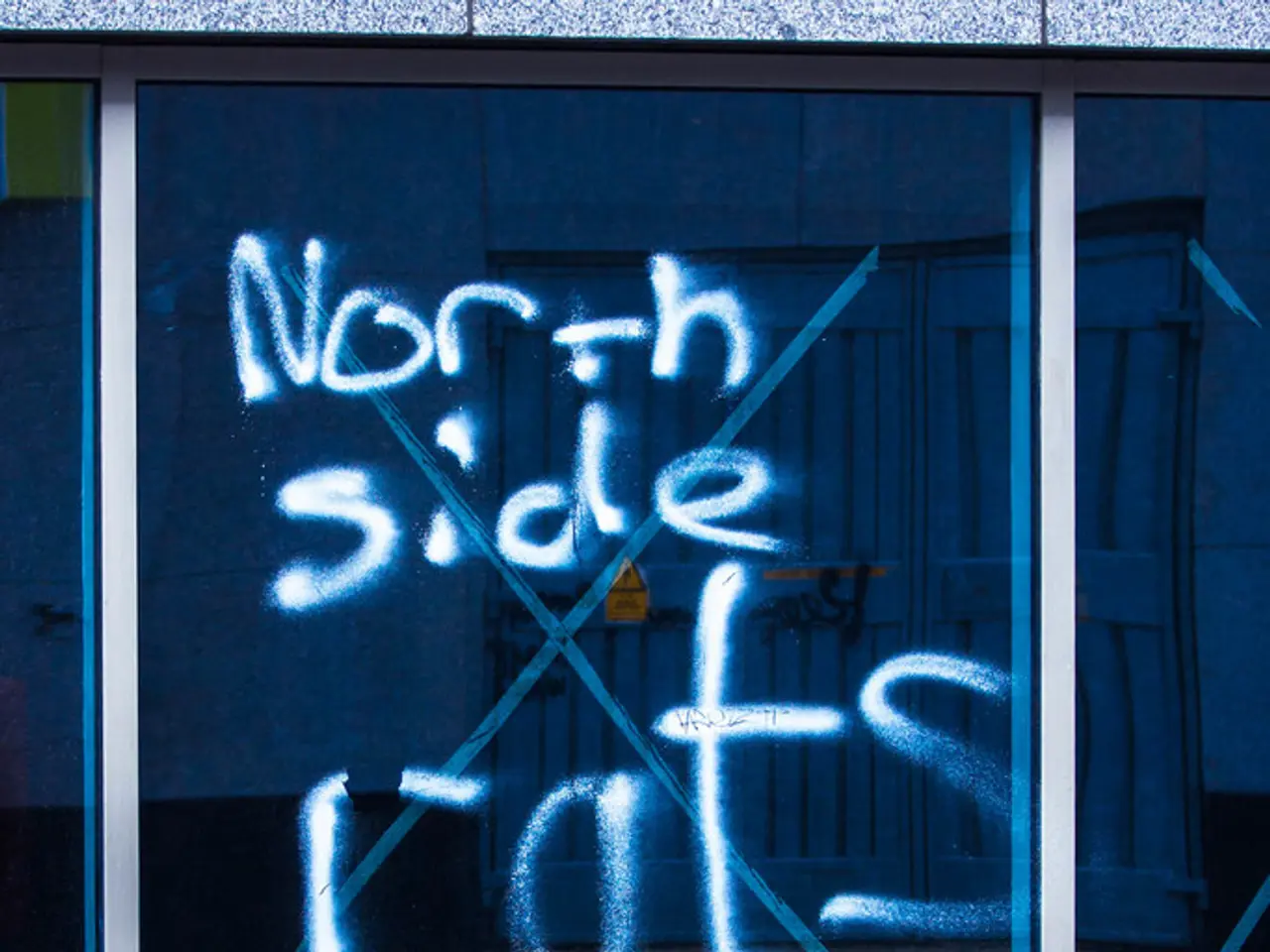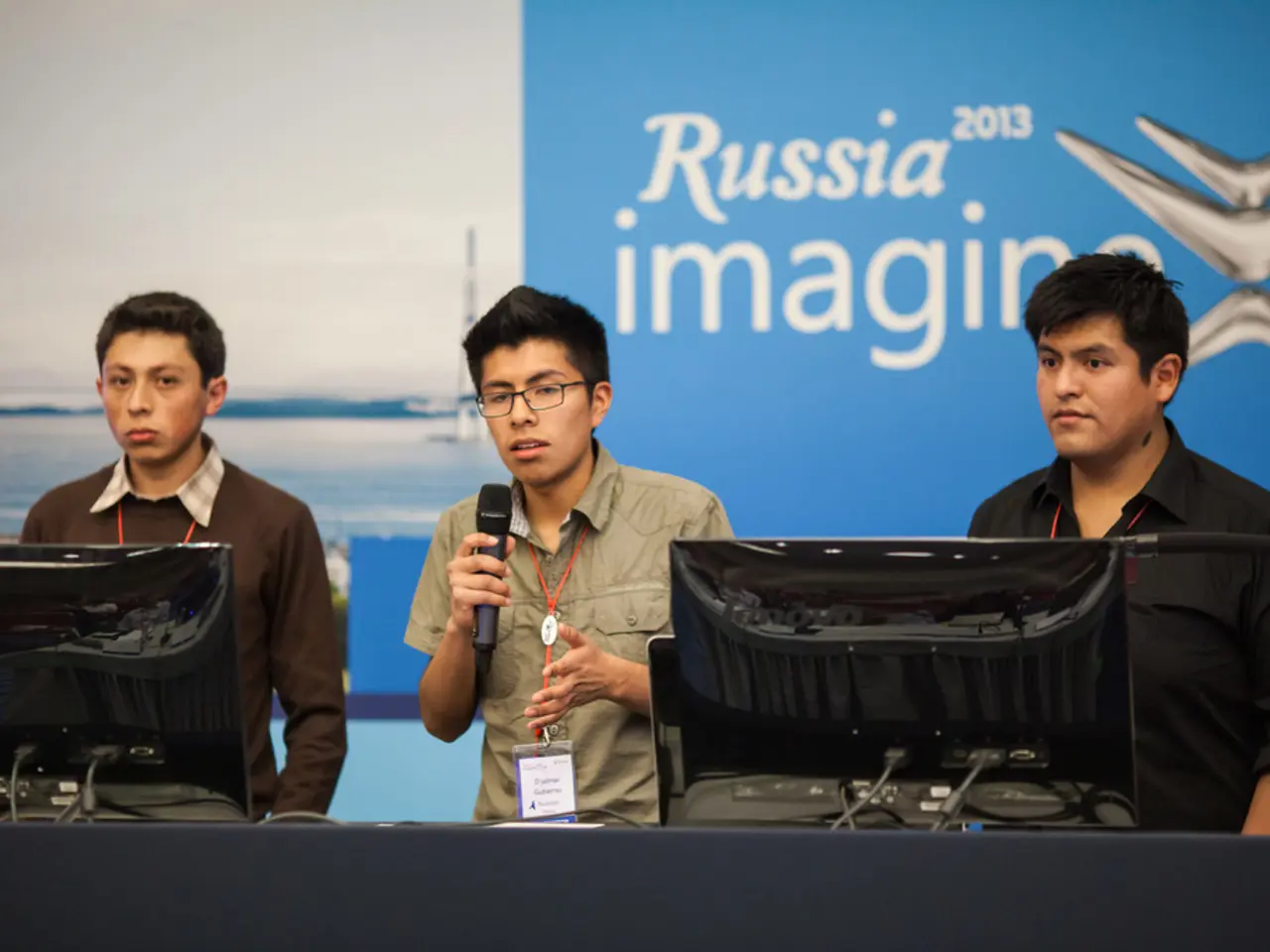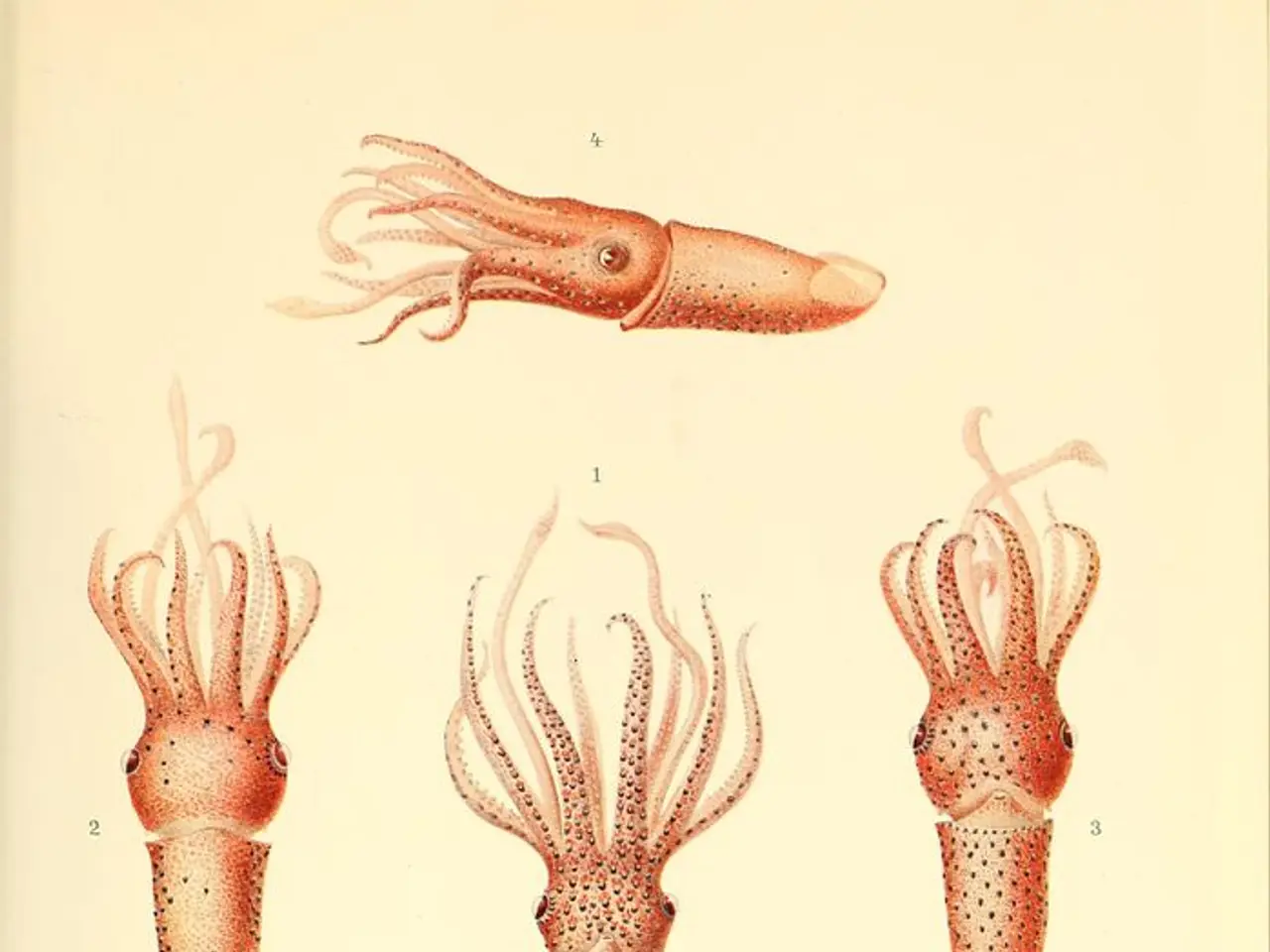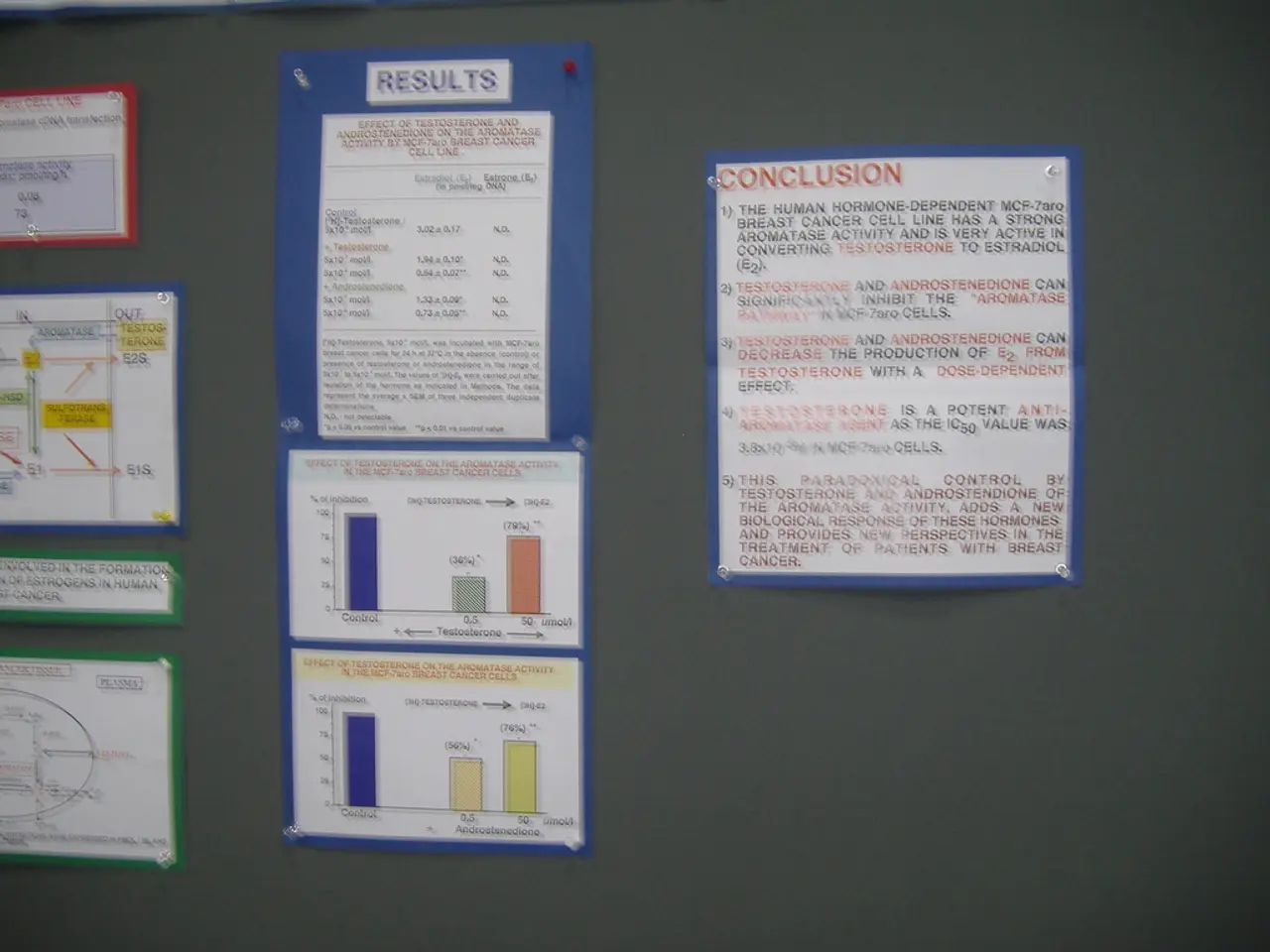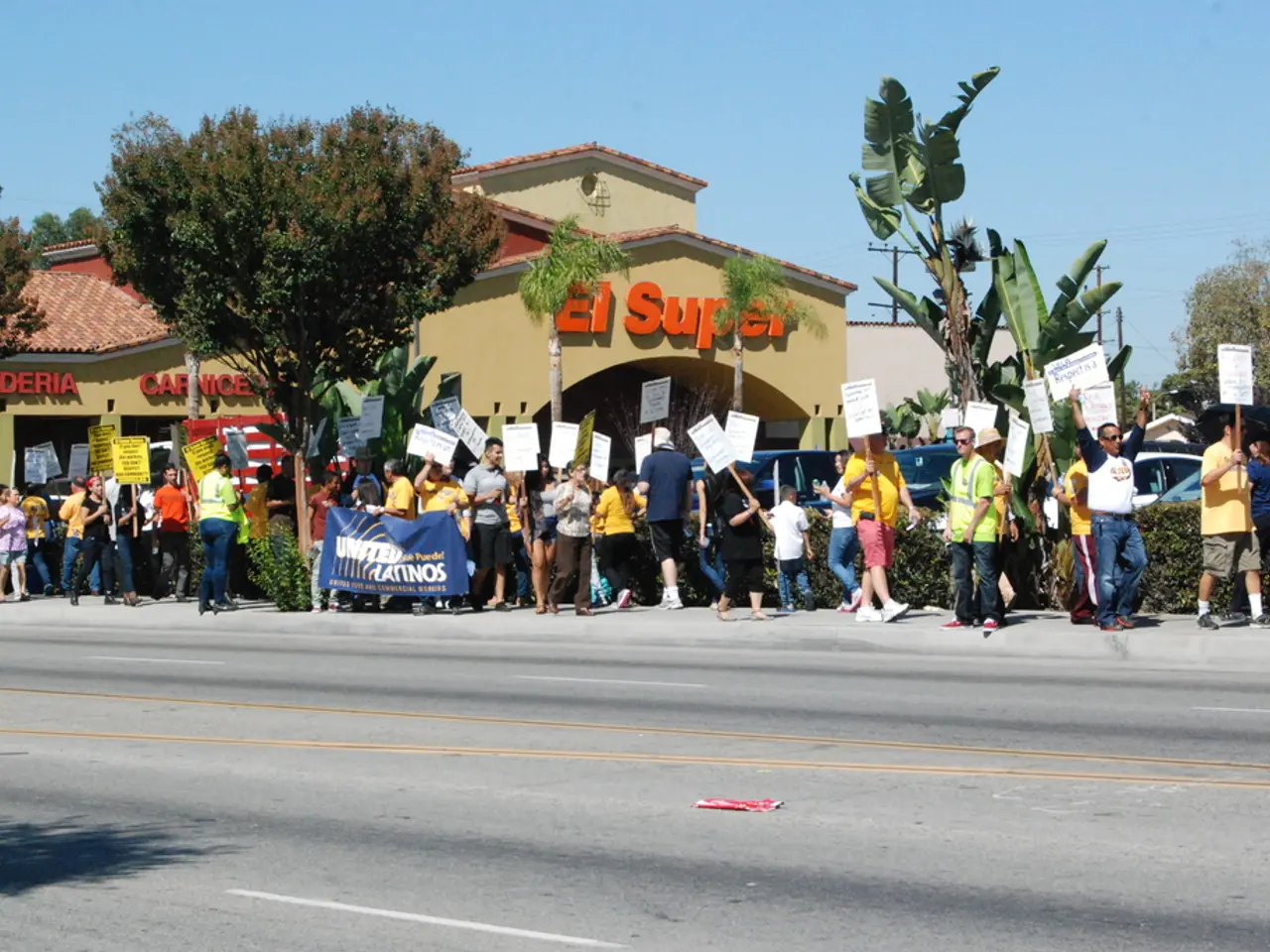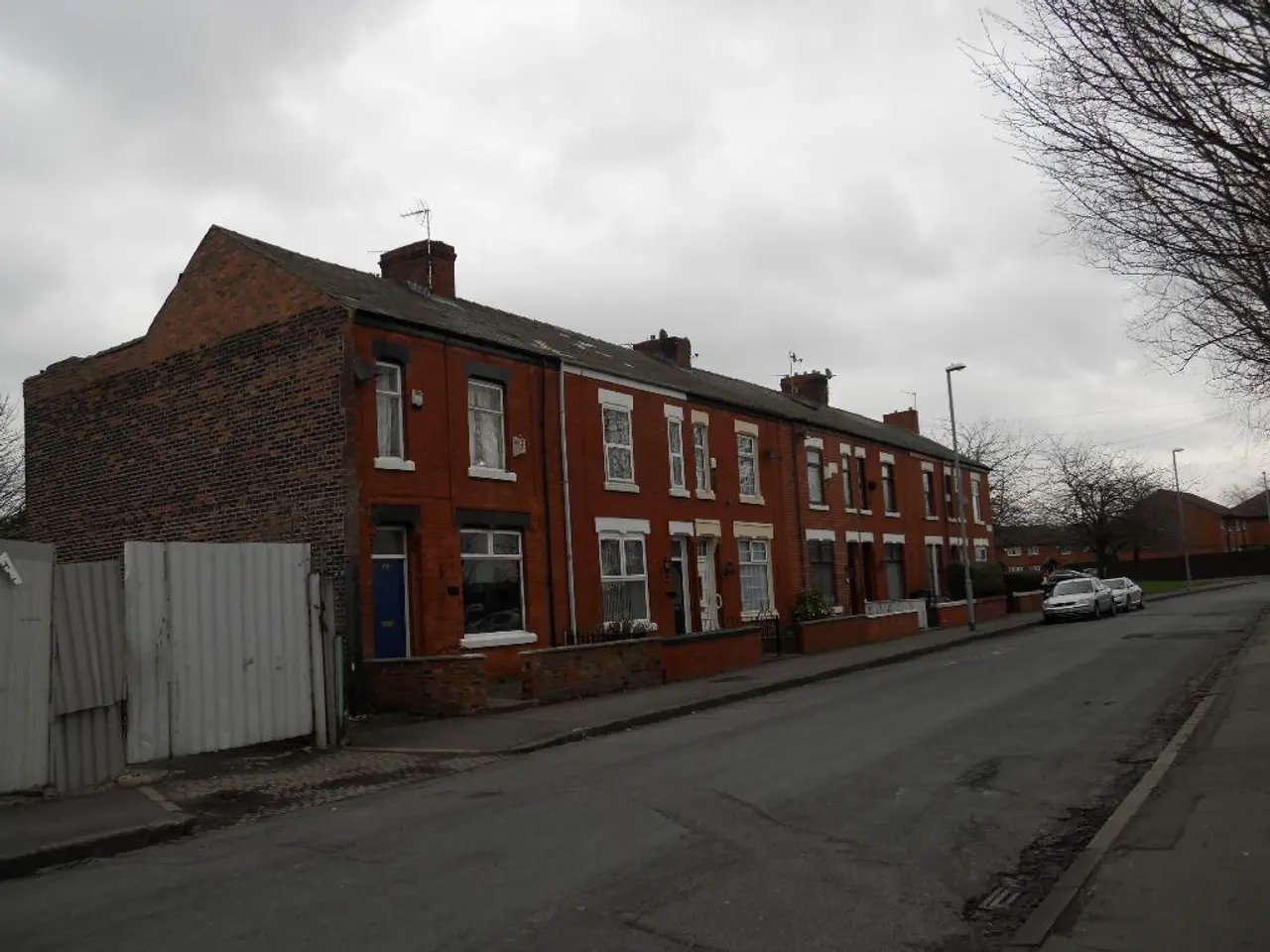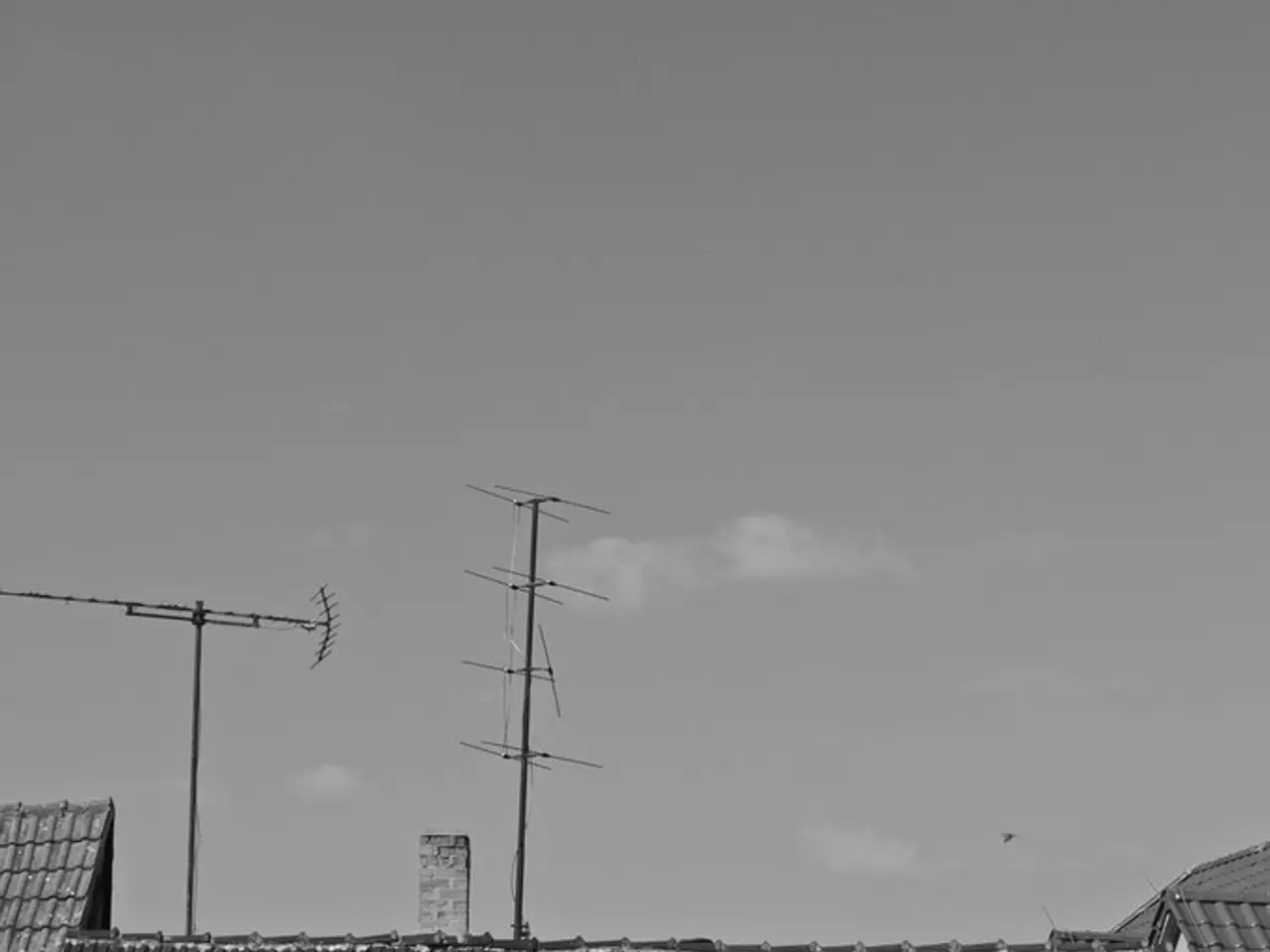Tightened border controls meet with mixed feelings in border communities; local law enforcement applaud achievements
Subtitle: Germany's extended border controls with its neighbours have significant impacts on daily life and ongoing political tensions.
In a notable departure from the original Schengen ideal, Germany has implemented fixed, intensified border controls with all nine of its neighbours since September 2024[1]. These measures, which have been extended beyond September 2025[2][4], have caused significant delays and ongoing political tension, especially with Poland[1][2][4].
The tightened entry controls, affecting the borders with the Netherlands and Belgium in North Rhine-Westphalia (NRW), have been in place since May 2025[1]. As a result, the population in Emmerich, a town in NRW, is now facing regular traffic jams due to the border controls[1]. Mayor Hinze from Emmerich reports daily congestion in the border area[1].
The Dutch town of Beek has also faced a real challenge due to attempted detours on back roads[1]. In the same period from September 16, 2024 to July 31, 2025, there were 2,092 unauthorized entries at the NRW border with the Netherlands, and 991 people were immediately rejected or pushed back during the same period[1]. At the NRW border with Belgium, there were 1,201 people immediately rejected or pushed back, and 61 people with re-entry bans were prevented from entering[1].
The Federal Police Union sees these controls as necessary, but expresses concern about the high personnel strain[1]. There is a high demand for personnel, and the union representative warns against exceeding the stress limits of colleagues and losing sight of other responsibilities[1]. In this regard, 85 smugglers were provisionally arrested at the NRW border with the Netherlands, and 99 smugglers were arrested at the NRW border with Belgium[1].
The Schengen area is also preparing for technological enhancements, with the Entry Exit System (EES) to be gradually introduced starting October 12, 2025[3]. This system aims to modernize crossing data collection for non-EU nationals, which may impact border management practices further[3].
Germany's conservative government, led by Interior Minister Alexander Dobrindt, plans to extend these controversial border controls to curb illegal migration[2][4]. However, neighbouring countries, such as Poland, have responded with their own measures and have also extended them[2][4]. This reciprocal action has further escalated tensions between the countries.
Mayor Peter Hinze of Emmerich sees the area above and below the border as more than just a joint region, having relatives on the Dutch side[1]. He emphasizes the need for a joint European solution for the migration issue, echoing Interior Minister Herbert Reul's sentiments[1]. Reul has welcomed the extension of the border control plans, believing they have a deterrent effect[1].
This situation represents a significant departure from the Schengen ideal of free and uncontrolled internal borders, showcasing the current migration and security pressures faced by member states[5]. The extended controls reflect the Schengen Agreement's allowance for temporary border restrictions in exceptional circumstances, often justified by migration pressure or security concerns[5].
In the face of Germany's extended border controls, ongoing political disputes have intensified, particularly with neighboring countries like Poland, as part of the broader discourse on economic and social policy and policy-and-legislation. The latter, which have resulted in intense border checks, have brought about general-news stories such as ongoing traffic jams in cities like Emmerich and challenges faced by towns like Beek, due to increased congestion caused by the controls. Crime-and-justice issues, such as the arrest of smugglers, are also related to these border control measures.
